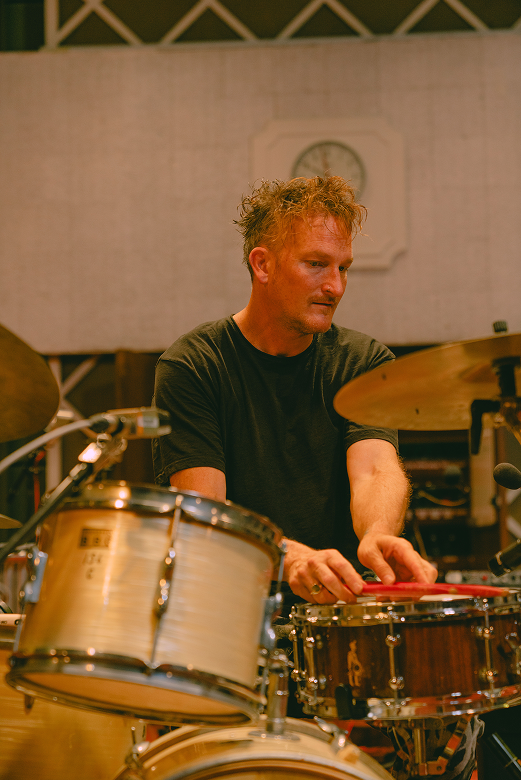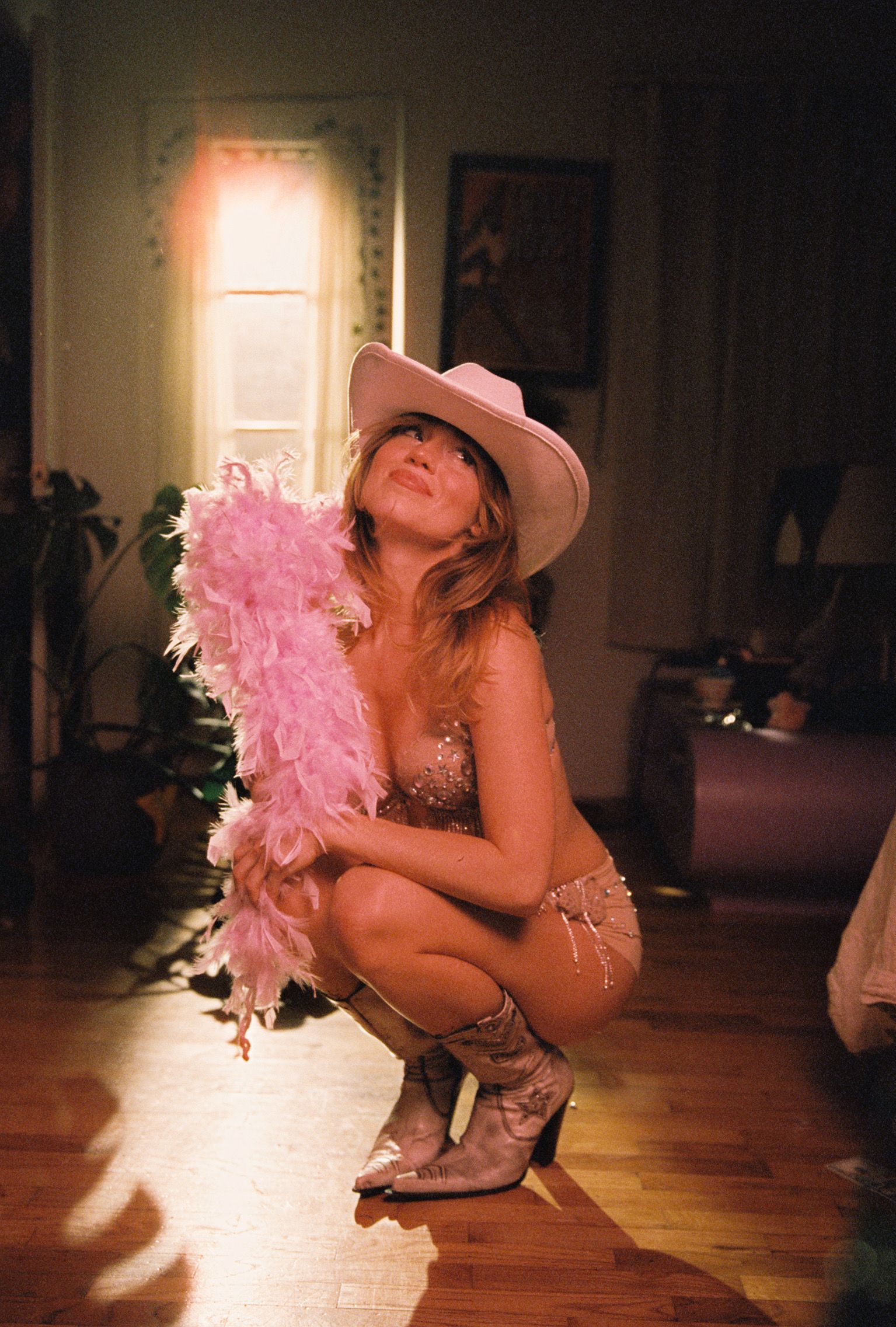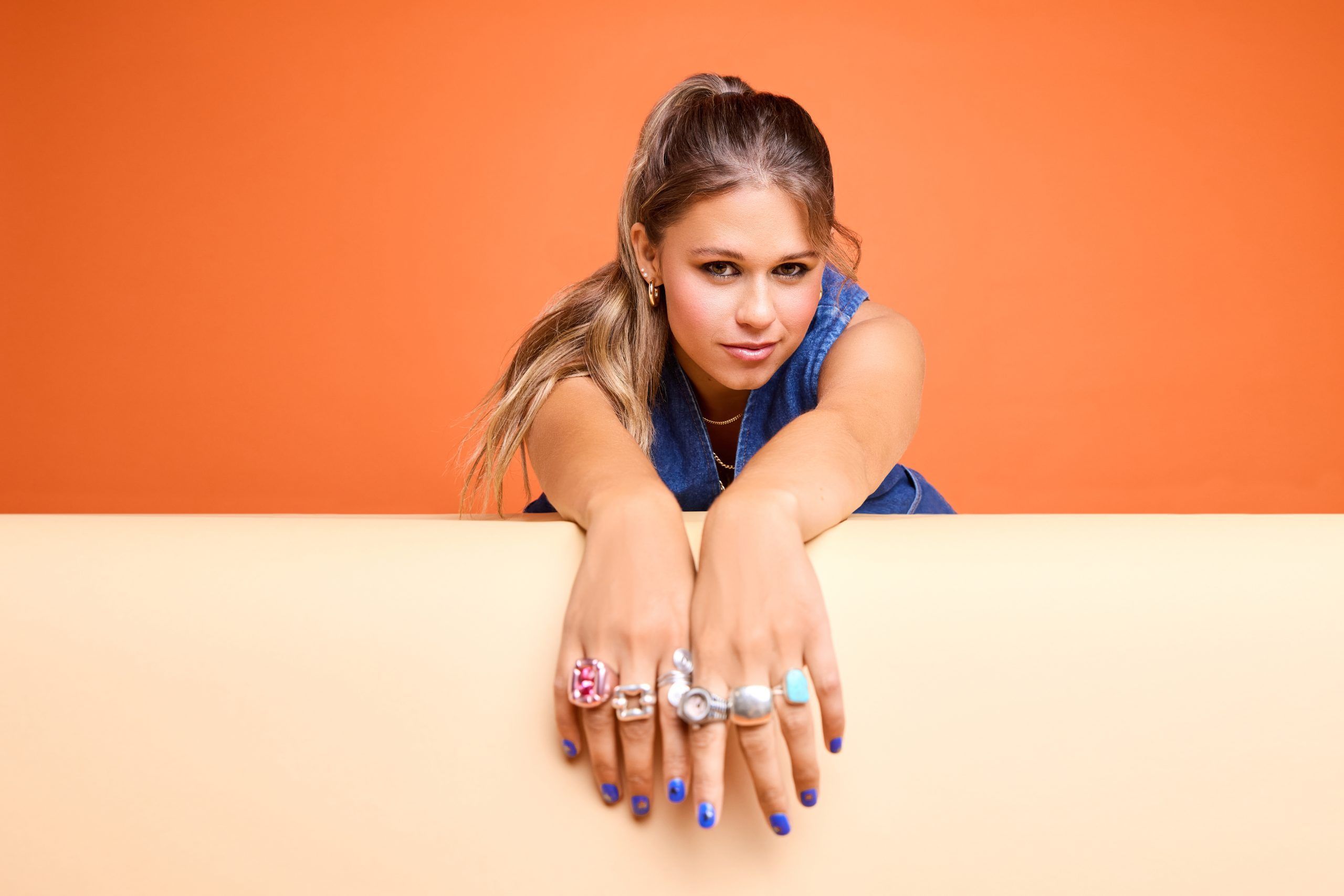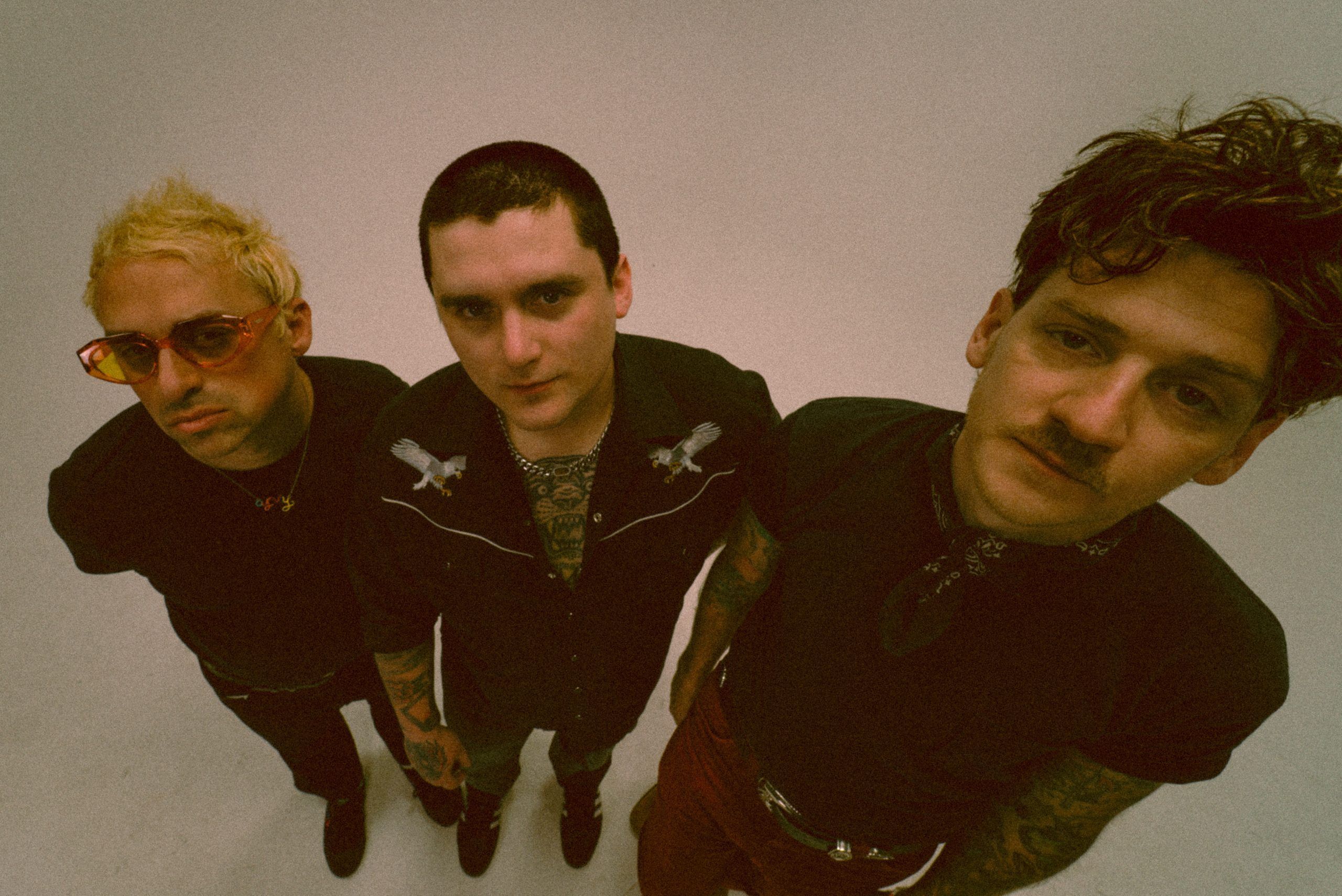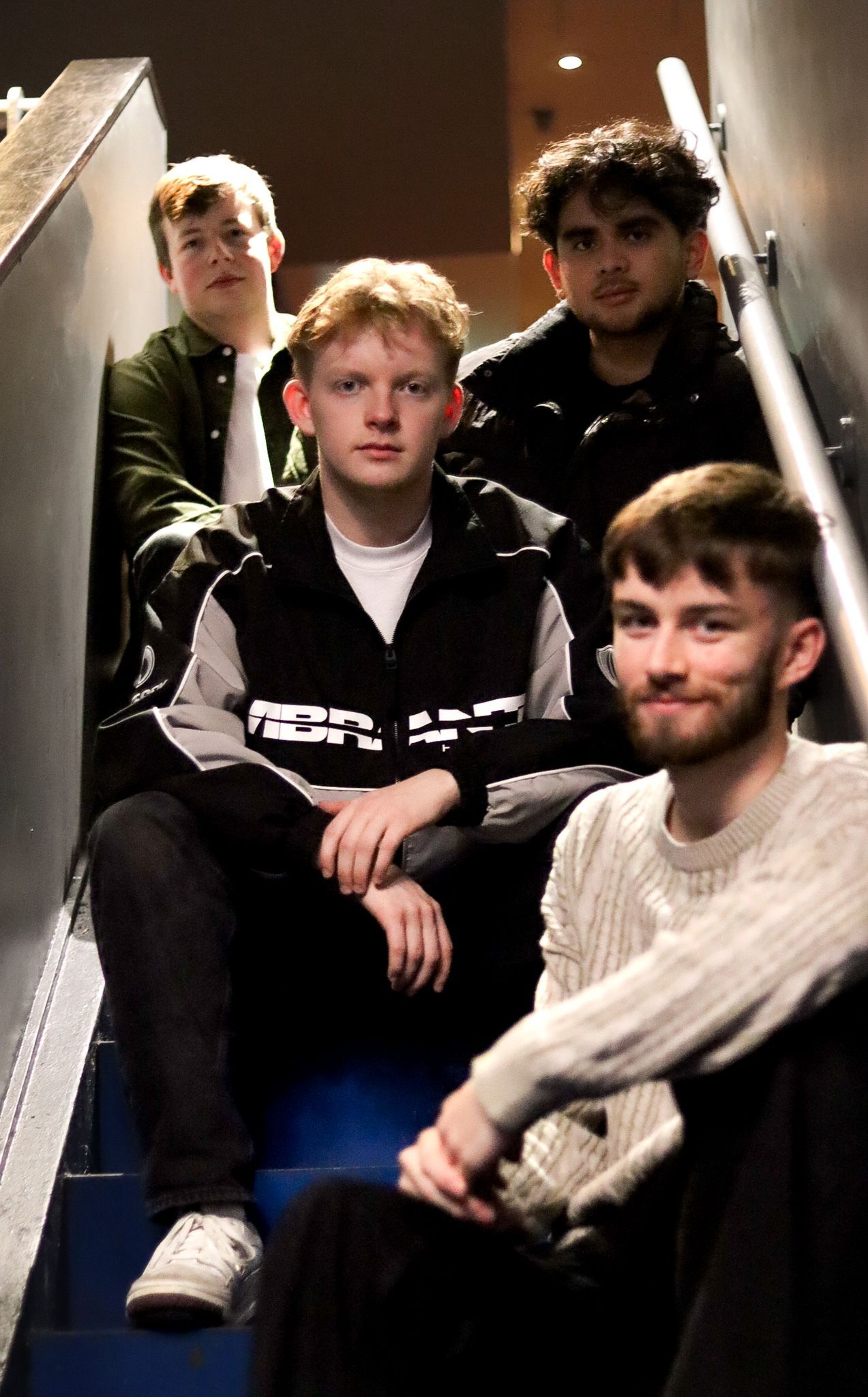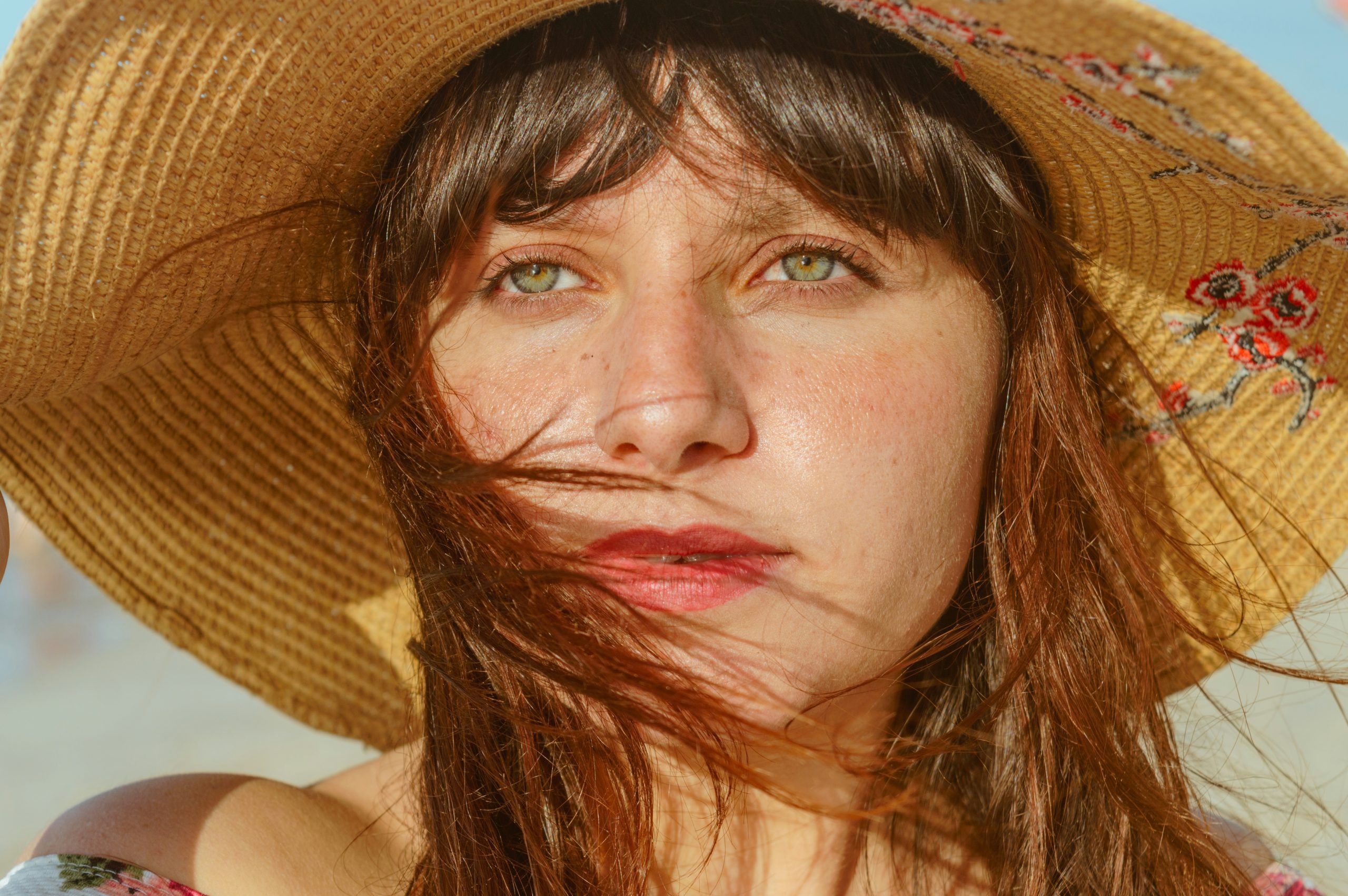A group of behind-the-scenes musicians responsible for creating iconic sounds for many BBC programmes have just released a virtual instrument sample library in collaboration with Spitfire Audio. Over four decades, the BBC Radiophonic Workshop have crafted ingenious, otherworldly sounds and effects for legendary shows like Doctor Who, The Hitchhiker’s Guide to the Galaxy, and many other BBC productions. Original members include Paddy Kingsland, Glynis Jones, and Peter Howell, with Mark Ayres later joining as the workshop’s archivist. In 2013, Kieron Pepper became part of the BBC Radiophonic Workshop band.
Kieron, a former live drummer for dance music legends The Prodigy, contributed new percussion sounds to the library. To celebrate its launch, he sits down with 1883 Magazine to discuss how he joined the band, his time with The Prodigy, and more.
Kieron, thanks for speaking with 1883 Magazine. Why was it right for the BBC Radiophonic Workshop to team up with Spitfire Audio on a new virtual instrument sample library?
I think it was totally fitting for the Radiophonic Workshop to collaborate with Spitfire Audio to record their new virtual (retro) instrument sample library; particularly due the relationship and history they have had with Maida Vale studios and Delaware Road.
It also felt very natural having two collectives of passionate audiophiles, both taking equal care of the quality and diversity of sounds captured within those sessions.
You’ve been part of the group since 2013, how did it feel to be accepted into the group when you first joined? Especially knowing the group and its members like Peter Howell and Paddy Kingsland worked on creating iconic sounds for Doctor Who and more.
I was a big fan of Dick Mills and the Radiophonic Workshop from a very early age, when a few television programmes gave an insight into the creation of sounds and music for Dr Who and other well-known programmes.
Being of a certain impressionable age, when the regular themes to children’s programmes NewsRound, Box of Delights and later Hitch-Hikers Guide To The Galaxy, became ingrained into our long-term memory, there wasn’t a single moment of hesitation when I got asked if I would like to join this collection of marvellous pioneers, and play percussion and electronic layers in live renditions of classics from the BBC archive.
I was totally honoured to be asked and very quickly found much common ground with my ‘band mates’ regardless of having decades less experience than them. The love of found-sound, emotive live performances and the odd happy accident transcended the years between all of us.
Meeting Dick, Paddy, Roger, Peter and Mark (and other members and associates of the BBC Radiophonic Workshop) has been life-changing and life-affirming.
Within your role, you are responsible for new percussion sounds in the library, could you walk me through a typical day?
After setting up an array of found-sound percussive objects that we had all brought in, ranging from previous collections of car suspension springs, Delia lamps and other random metal objects – when sampling sounds at festivals, to classic Maida Vale treasure like the old boiler that gave the ominous tone of the Doomsday Bell; I then hit (with sticks / mallets / beaters) these objects at different velocities to give the range needed for the format of the sample library (lovingly guided by the Spitfire team).
The biggest highlight for myself was playing the original 1953 Radiophonic Workshop drum kit, which was (I believe) Desmond Briscoe’s own, and still had the original skins and fittings from years before. After sound-checking, playing a few grooves as the levels were set and effects added to certain drums, I then followed the same method of giving separate hits of every part of the kit to allow the future Spitfire programmers to have a really responsive kit at their disposal (plus all the varying natural reverbs from the wonderful Studio 3, where previously, we had played live sessions for BBC Radio 6 Music).
Overall how did the group go about creating the sample library for this collaboration and how expansive is it?
Each of us had a similar task within our own stations, (at this point I would expect you’d get a comprehensive breakdown of all the gear we brought in from archivist and captain of the good ship RWS Mark Ayres) covering the dynamic ranges of vintage synths that were used within the workshop throughout the active years, linked-up tape machines creating feedback loops, contact microphones on anything and everything, electronic and analogue gadgetry in various combinations and orders…
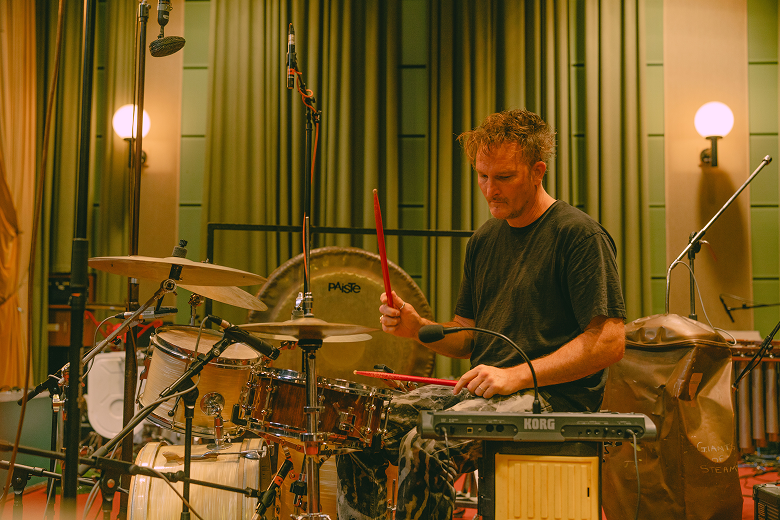
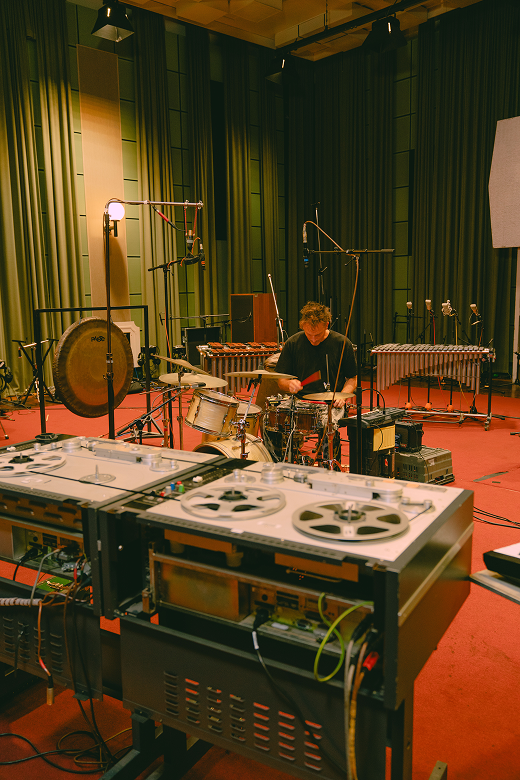
Elsewhere in your career, you’ve also been a live drummer for The Prodigy between 1997 to 2007, what did you learn from performing with Keith, Liam, and the rest of the group?
It was a fantastic slice of my life and I learnt many things, the most useful being I think, the relationship between sound and energy – extreme dynamics (audio & visual); and the emotion that you can put into music through expression.
It was the appointment playing drums for Paul Hartnoll’s Ideal Condition after Prodigy however, that gave me a true lesson in subtlety and restraint. Playing as part of an ensemble with delicate strings and woodwind can really give quick life lessons in serving the song and arrangement, which really helped my understanding of playing dynamically with the Radiophonic Workshop.
What has been your favourite percussion sound you’ve made for the BBC Radiophonic Workshop so far and why?
When we did a piece called Latency during 2020 Lockdown, using the limitations and sometimes annoying delays in the video call communication between us all, to make a bespoke piece; I really enjoyed adding a kalimba/mbira (thumb-piano) through a Kaoss Pad to add tap-tempo glitches and percussive loops during a section of the performance.
What are some of your personal career highlights so far?
With Prodigy, playing on the cease-fire line in Beirut and many other amazing places.
With Radiophonic Workshop, playing the 50th anniversary Apollo Moon Landing festival at Goonhilly, BlueDot and No6 festivals and the Delia Derbyshire day in Coventry have been live highlights.
Rehearsing and recording in Paddy’s old Hammersmith studio, writing a track with Dick and Bob Earland (from the RealWorld sessions) called Mind The Gap and working closely with them, Roger, Peter & Mark has been an amazing experience (I’m particularly proud of our work on the Possum soundtrack) – and looking forward to seeing them (and other Workshop members) for further adventures.
Another personal highlight is helping new musical artists, producers and creatives in Brighton at WaterBear College where I’m the head of Artist Development and get to work with one of my oldest friends Bob, who heads up the Electronic Music department.
Finally, what would you say is the biggest benefit for producers and songwriters who end up using the virtual instrument sample library?
Anyone using the Spitfire Audio Radiophonic sample pack will get a true feel for the atmosphere of Maida Vale, some rare and exciting sounds from some incredible sources, retro gold dust, perfect imperfections to add the human touch and probably a few hidden happy accidents!
To find out more about the BBC Radiophonic Workshop and Spitfire Audio collaboration, click here.

